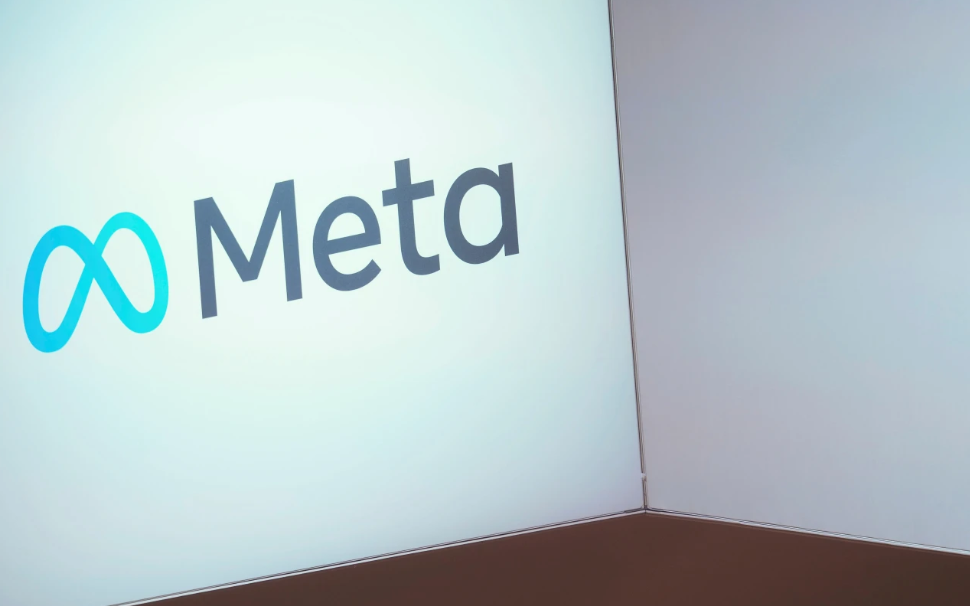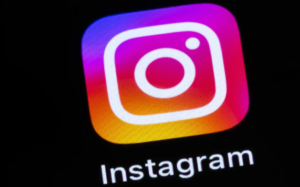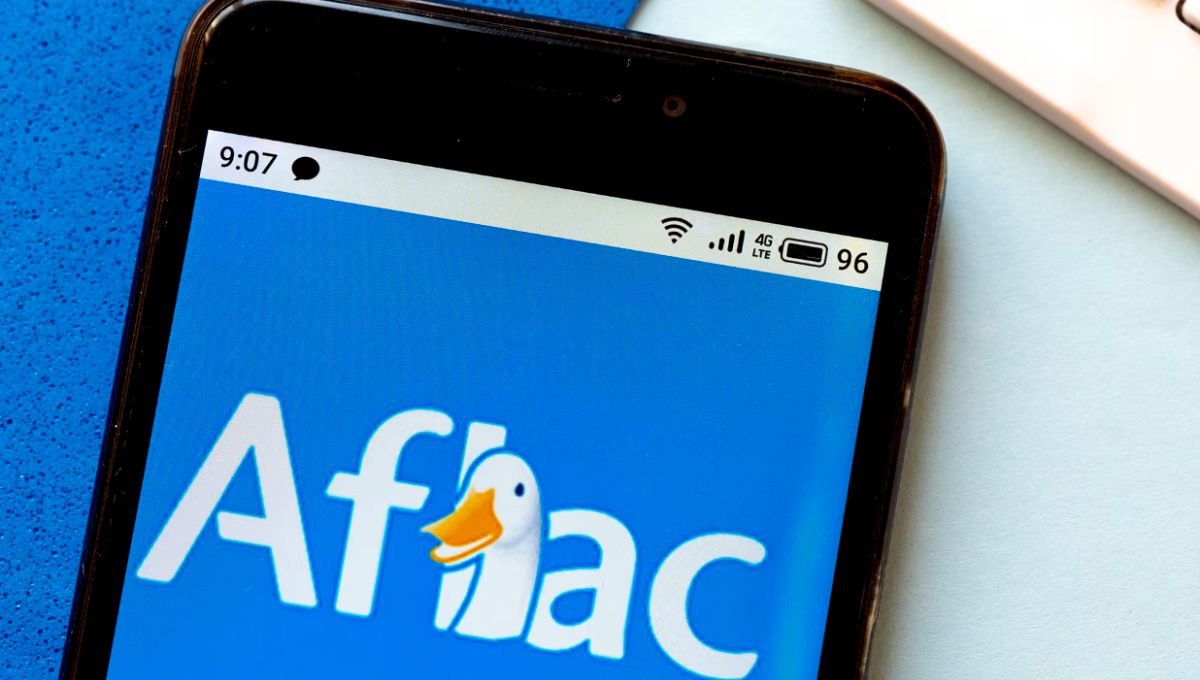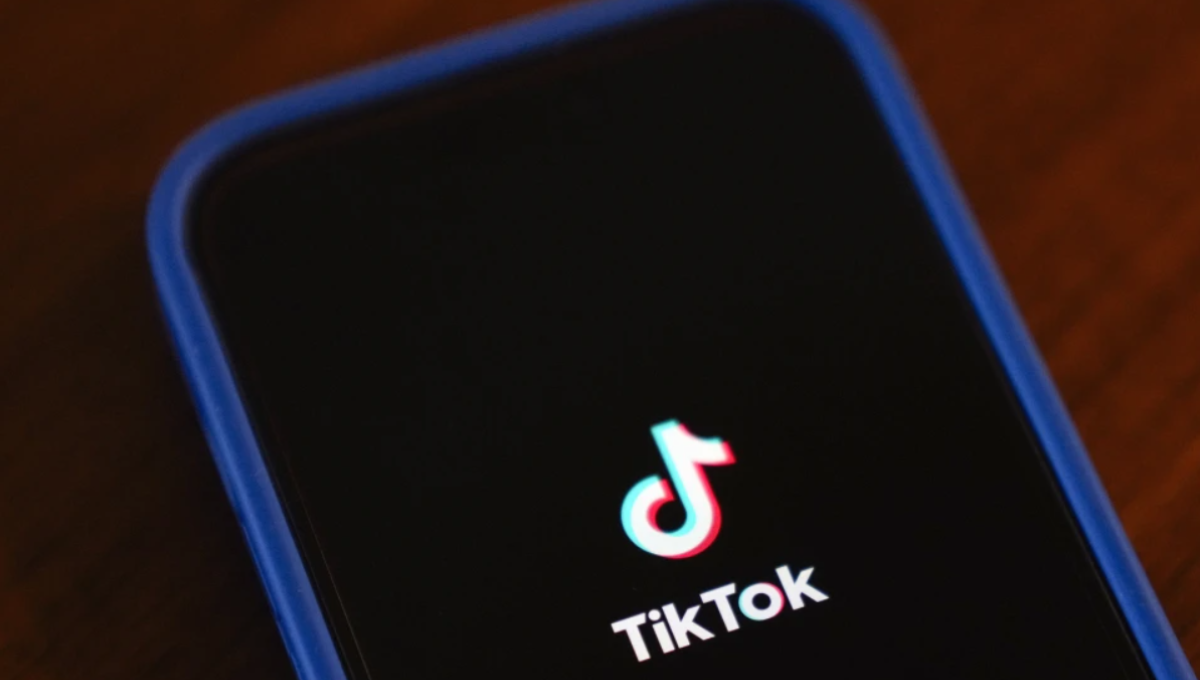On the opening day of a high-stakes antitrust trial, Meta CEO Mark Zuckerberg took the stand to defend his company against claims that it illegally monopolized the social media industry. The trial could potentially result in Meta being forced to divest Instagram and WhatsApp—two major platforms it acquired over a decade ago that now dominate the social media landscape.
The Federal Trade Commission (FTC) launched the case, alleging that Meta’s purchases of Instagram and WhatsApp were strategic moves to eliminate competition and maintain its dominance. FTC attorney Daniel Matheson opened by calling Zuckerberg as the first witness, presenting internal communications to suggest Meta acquired Instagram due to concerns over its explosive growth.
In court, Matheson referenced a message in which Zuckerberg expressed dissatisfaction with Meta’s own efforts to develop a competing photo-sharing app. Zuckerberg acknowledged his frustration but said it stemmed from wanting his teams to perform better. He admitted Instagram’s rapid rise may have been part of that concern, but later showed irritation when pressed on specific timelines, saying, “You could probably get that better from somebody else.”
Matheson also challenged Zuckerberg over internal discussions suggesting Instagram would be kept operational but deprioritized in favor of Facebook. Zuckerberg denied that it was a deliberate strategy and said Meta significantly invested in Instagram post-acquisition.
In opening statements, the FTC argued that Meta’s acquisitions were part of a broader plan to protect its market power and eliminate threats, describing the strategy as building a “moat” around its core business. Matheson said that while Meta’s profits soared, consumer satisfaction declined.
Meta’s lawyer, Mark Hansen, pushed back, calling the FTC’s claims a “grab bag” of flawed arguments. He insisted Meta faces fierce competition and has improved the apps it bought. “This lawsuit is misguided,” he said, arguing that consumers have ultimately benefited from Meta’s actions.
This case marks a major test for antitrust enforcement efforts targeting Big Tech. Though the FTC filed the suit in 2020—during President Trump’s term—it has moved forward under current leadership. The agency claims Meta’s strategy followed a mindset articulated by Zuckerberg in 2008: “It is better to buy than compete.” According to the complaint, Meta consistently monitored potential threats and bought out rising competitors, especially as the market shifted from desktop to mobile.
Instagram was acquired in 2012 for $1 billion in cash and stock—a stunning sum at the time, later adjusted to $750 million after Facebook’s stock dipped. It was Facebook’s first major acquisition where the acquired platform continued to operate independently. In contrast, Facebook’s earlier acquisitions were often about hiring talent and shutting down the startups. WhatsApp followed in 2014, acquired for $22 billion.
Both apps were crucial in helping Facebook stay relevant on mobile and among younger users as new rivals like Snapchat and TikTok emerged. However, the FTC argues that Meta’s true market competitors are much narrower than Meta claims, excluding platforms like TikTok, YouTube, and Apple’s iMessage.
Meta countered that the FTC’s case doesn’t reflect the modern reality of the tech ecosystem. In a statement, Meta said the trial would prove what “every 17-year-old in the world knows”—that it faces stiff competition from TikTok, YouTube, X (formerly Twitter), and others. Meta also warned that allowing this case to proceed undermines confidence in the finality of regulatory approvals and could weaken U.S. innovation against international rivals.
In a recent filing, Meta emphasized the FTC must prove it holds monopoly power now, not just at the time of the acquisitions—a challenge, given the rise of new competitors since then.
The case will be decided by U.S. District Judge James Boasberg, who already ruled that the lawsuit must proceed to trial after denying Meta’s motion for summary judgment. The outcome could have serious implications, potentially forcing Meta to separate from Instagram, a move that could halve its advertising revenue.
Meta isn’t alone in facing regulatory scrutiny. Google and Amazon are also defending themselves in major antitrust cases. Notably, the remedy phase of Google’s case starts April 21, following a judge’s earlier finding that the company holds an illegal monopoly.















